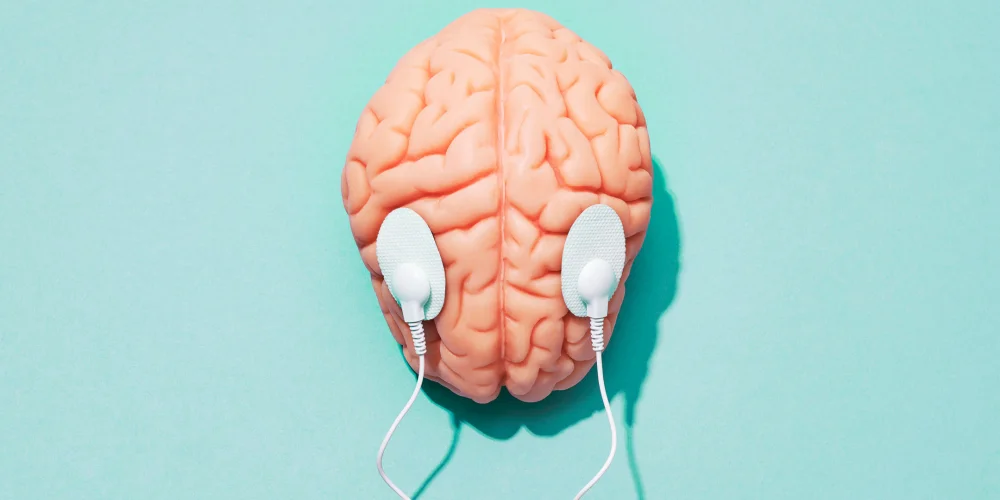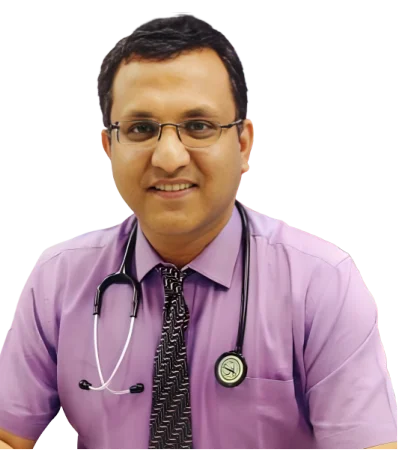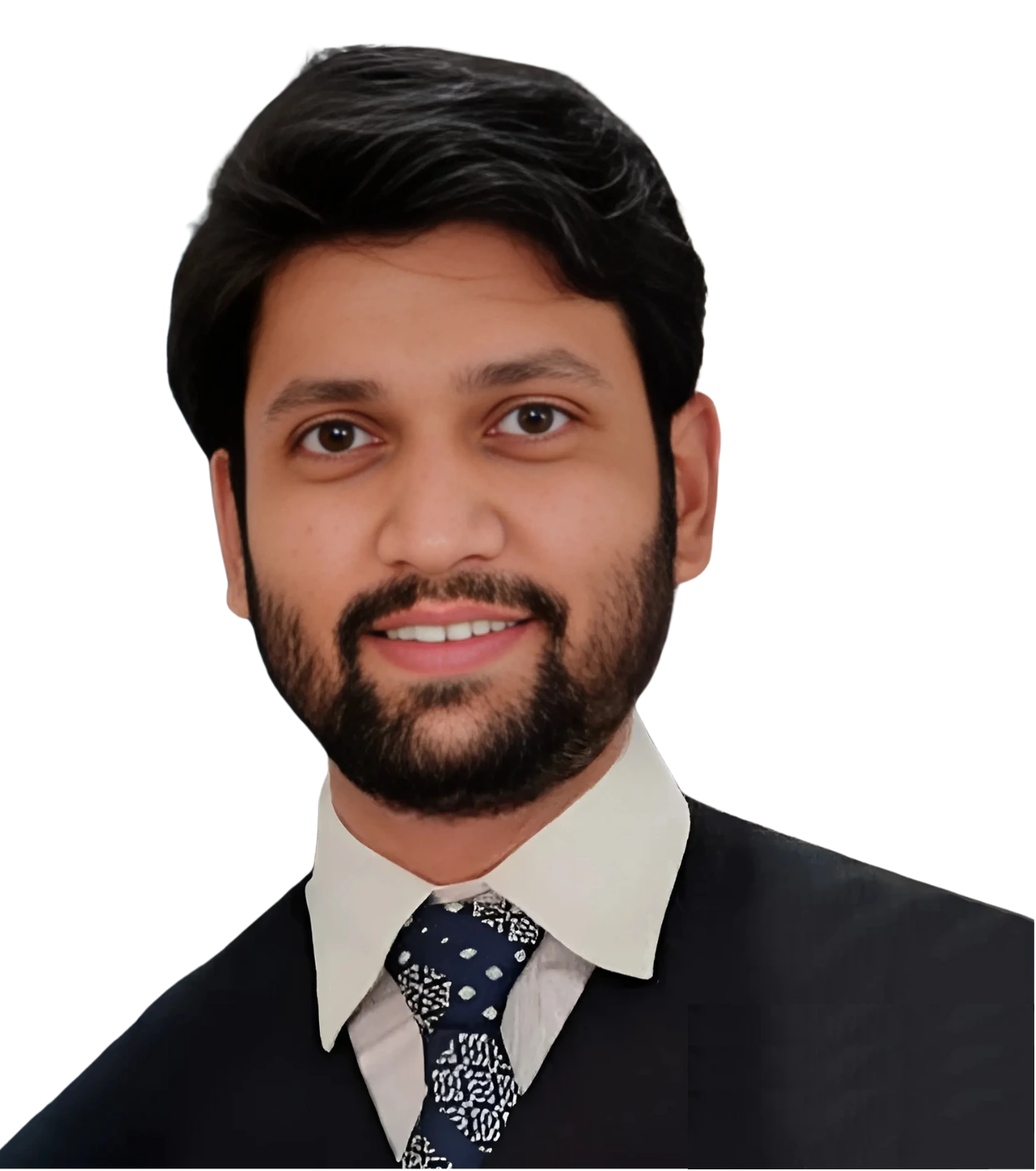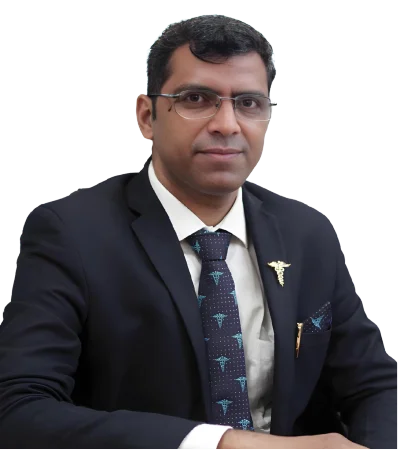Deep Brain Stimulation Surgery
Expert Deep Brain Stimulation for Enhanced Quality of Life
DBS (DBS) procedure is a groundbreaking treatment for a variety of neurological conditions, offering the relief needed from conditions that aren’t easily controlled by medication by itself. In Chirayu Super Speciality Hospital, we utilize the most advanced DBS techniques to focus on particular brain regions, helping patients recover control and increase their level of living. Our highly skilled team blends state-of-the-art technology with caring and compassionate medical care to offer a personalized experience specific to the needs of each patient.

What is Deep Brain Stimulation Surgery?
The procedure entails implanting a device that transmits electrical impulses to specific areas within the brain. These electrical impulses regulate the abnormal brain activity associated with disorders like the autoimmune disorder Parkinson’s, essential tremor and dystonia. The device, also known as neurostimulator, is inserted beneath the skin in the chest, and is connected to electrodes inside the brain. This minimally-invasive procedure could greatly reduce symptoms and improve general functioning.
Who Performs Your Surgery
Deep brain stimulation surgeries are performed by a team of highly skilled neurosurgeons and neurologists that specialize in cutting-edge neurological treatments. Employing the latest technology and techniques for surgery our specialists ensure the exact positioning of the nerve stimulator as well as electrodes. Our extensive experience and commitment to providing the best care for patients will ensure you receive the best care and support throughout the procedure.
Conditions Treated with Deep Brain Stimulation
- Parkinson’s Disease : DBS can help manage symptoms such as tremors, rigidity, and bradykinesia (slowness of movement) when medications are not effective.
- Essential Tremor : This condition causes uncontrollable shaking in the hands, arms, or head. DBS can reduce tremors and improve daily functioning.
- Dystonia : DBS can alleviate abnormal muscle contractions and twisting movements associated with dystonia, improving mobility and reducing discomfort.
Symptoms Indicating Need for DBS
The signs that could suggest the indication of the DBS are severe tremors or uncontrolled movements, a significant problems with motor function, and persistent symptoms even with medical treatment. Patients can also experience adverse consequences or problems of their medications, which DBS could help alleviate.
Diagnosis for Deep Brain Stimulation Surgery
The process of diagnosis requires a thorough examination by a neurologist, which includes an extensive medical history as well as a neurologic examination. Imaging tests such as MRI as well as CT scans are utilized to evaluate brain structure and to identify the best locations to stimulate. Neuropsychological tests may also be used to determine the cognitive capacity and adequacy for DBS.
Treatment Process
The procedure of deep brain stimulation is generally carried out in two phases. The first involves implantation of electrodes into targeted brain regions. The second stage is when the neurostimulator is placed underneath the skin of the chest. The device is programmed in order to provide the correct electrical impulses. The entire procedure is performed under general anesthesia. the patients are closely monitored throughout the procedure.
Care and Recovery After Surgery
After surgery, patients are monitored at the hospital over a couple of days to check the proper device functioning and to take care of any discomfort that may occur. Patients may require follow-up appointments to program and adjust the device. Rehabilitation, which includes occupational and physical therapy could be suggested to maximize the process of recovery. Regular visits to medical professionals will assist modify stimulation settings, and deal with any issues in the process of recovery.
Advantages of Choosing Our Surgery Services
Neurological Treatments
Leading-edge DBS procedures to manage Parkinson's disease, essential tremors, and other neurological conditions effectively.
Customized Stimulation Plans
Tailored to each patient's needs for optimal symptom control and improved quality of life.
Monitoring and Adjustment
Ongoing care ensures DBS settings are fine-tuned for the best possible outcomes.
What Our Patients Say
Read about our patients positive experiences and how Chirayu Super Speciality Hospital has positively impacted their health and well-being.


My recovery from DBS surgery was smooth, thanks to the excellent care and support from the medical team. I’m very pleased with the results.


I’m amazed at the improvement in my symptoms after DBS surgery. The team provided excellent support throughout the process.


The DBS surgery was effective, and the care I received was compassionate and thorough. My daily life has improved remarkably.


Deep brain stimulation surgery transformed my life. My symptoms have significantly improved, and I’m grateful for the exceptional care I received.
Meet Our Medical Specialists
"Our skilled neurologists and neurosurgeons specialize in deep brain stimulation, offering advanced treatments and personalized care for improved outcomes. "
Frequently Asked Questions
Here, we provide answers to some of the most commonly asked questions to help you better understand about our surgery services. If you have any additional questions, please do not hesitate to contact us.
Preparation includes a thorough evaluation by a neurologist, imaging studies, and discussions about the procedure, risks, and benefits with your medical team.
Risks may include infection, bleeding, device-related complications, and potential changes in mood or cognition. Your surgeon will discuss these risks in detail.
The procedure typically lasts between 4 to 6 hours, depending on the complexity of the surgery and the number of electrodes implanted.
Deep brain stimulation surgery involves implanting a device that sends electrical impulses to specific brain areas to regulate abnormal activity and manage symptoms.
DBS is commonly used to treat Parkinson’s disease, essential tremor, and dystonia, particularly when medications are not effective.



